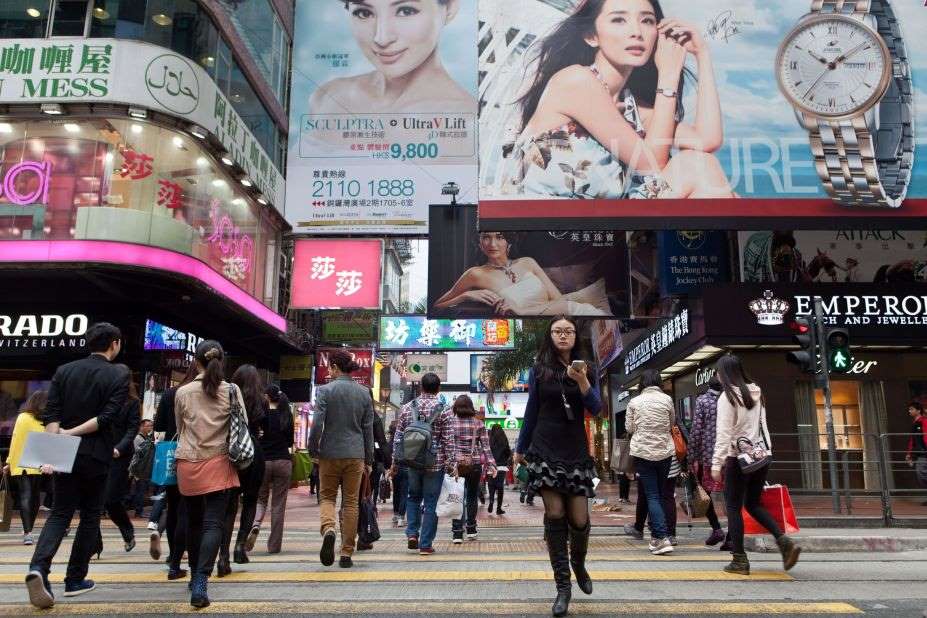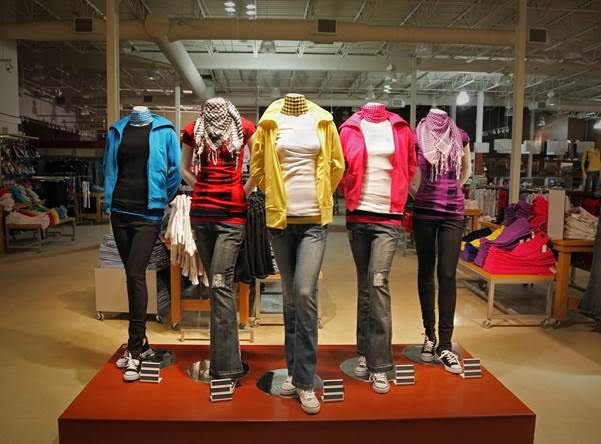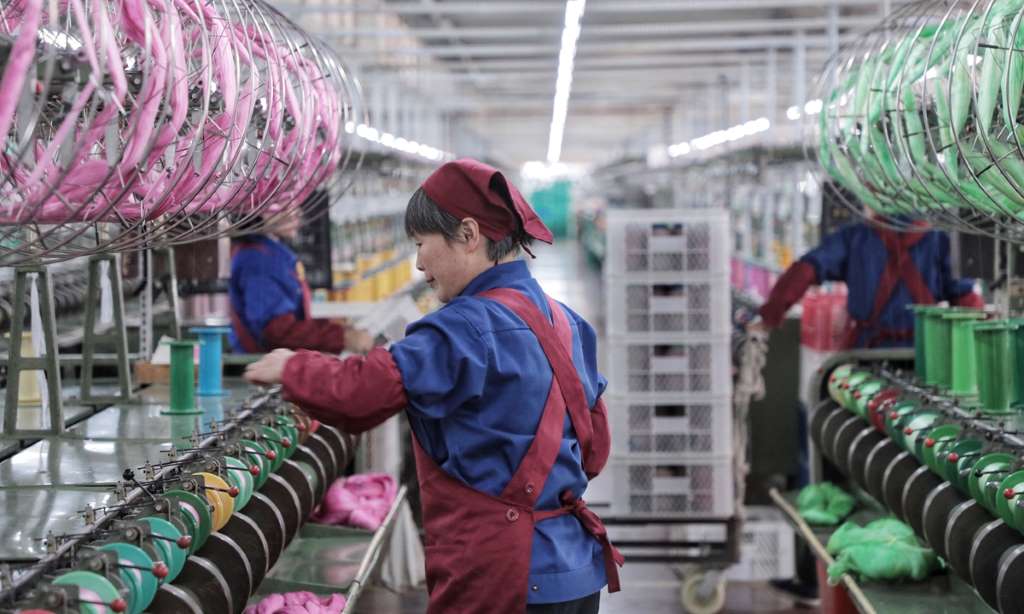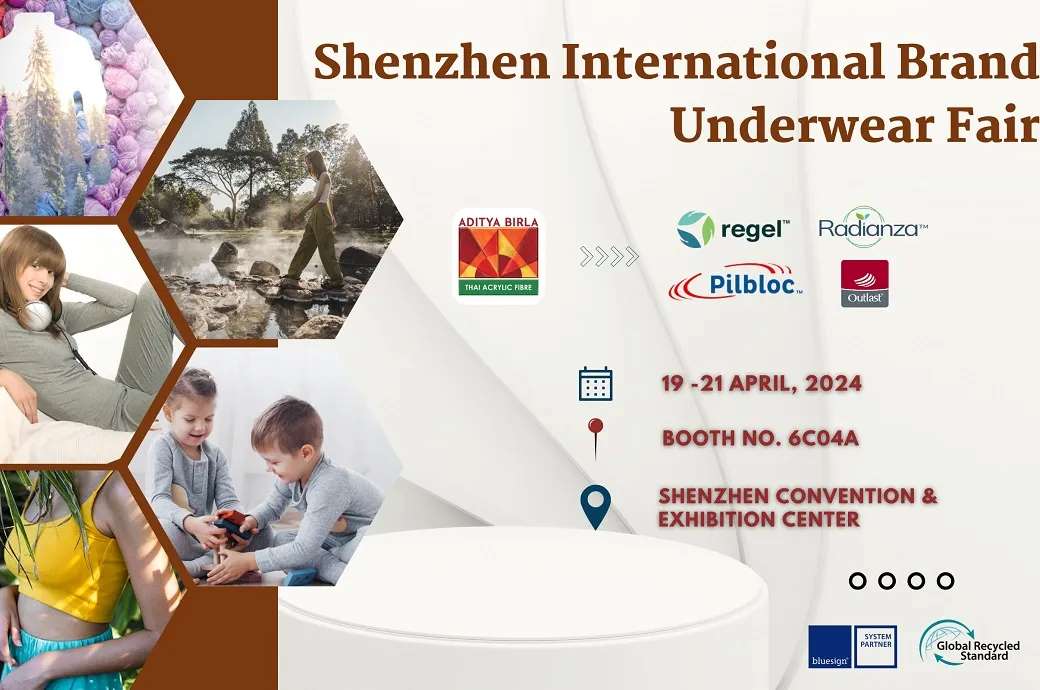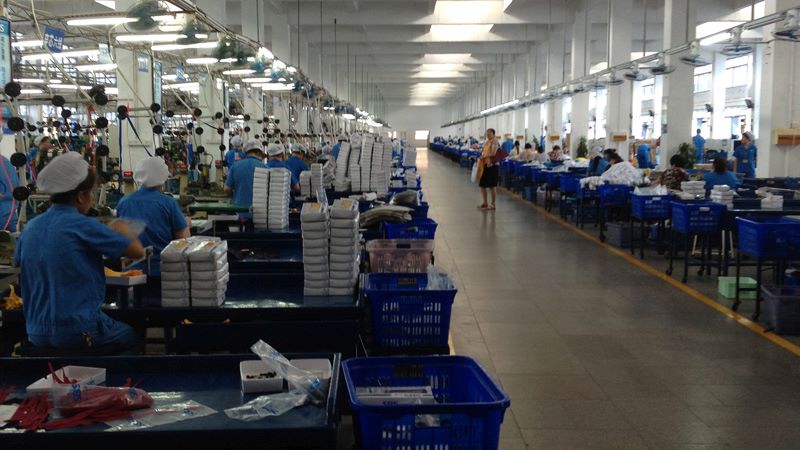"Year 2024 will prove to be a milestone for Bangladesh as the country will graduate from being a Least Developed Country to a developing country. This will bring along a number of new challenges particularly its impact on the readymade garments industry. The industry will have to address issues like: How RMG entrepreneurs can improve their business and marketing? Which initiatives need to be undertaken for technological upgrading, social compliance, labour standards and rights compliance, to address the post-graduation challenges?"
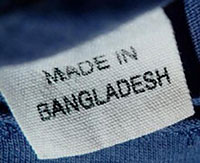 Year 2024 will prove to be a milestone for Bangladesh as the country will graduate from being a Least Developed Country to a developing country. This will bring along a number of new challenges particularly its impact on the readymade garments industry. The industry will have to address issues like: How RMG entrepreneurs can improve their business and marketing? Which initiatives need to be undertaken for technological upgrading, social compliance, labour standards and rights compliance, to address the post-graduation challenges?
Year 2024 will prove to be a milestone for Bangladesh as the country will graduate from being a Least Developed Country to a developing country. This will bring along a number of new challenges particularly its impact on the readymade garments industry. The industry will have to address issues like: How RMG entrepreneurs can improve their business and marketing? Which initiatives need to be undertaken for technological upgrading, social compliance, labour standards and rights compliance, to address the post-graduation challenges?
As the RMG sector is of paramount importance for Bangladesh’s macroeconomic performance, employment, export earnings and balance of payments, its positive implications in terms of social parameters, and overall, in projecting the ‘Brand Bangladesh’ to the world, answers to these questions are of heightened interest from the perspective of future development of not only the RMG sector, but also the overall performance of the Bangladesh economy.
Bangladesh to lose preferential market access
A major drawback will be that it will lose the preferential market access it currently enjoys due to the various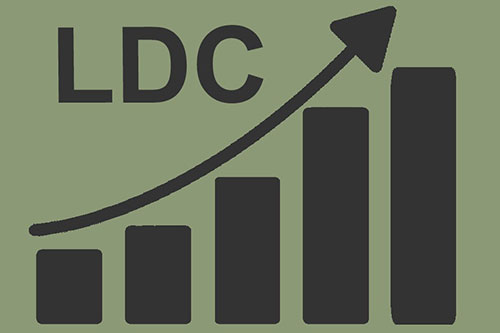 unilateral, and bilateral, regional and global initiatives. While the EU offers to extend this preferential market access for an additional three years, future market access scenario for the country will change profoundly in coming years.
unilateral, and bilateral, regional and global initiatives. While the EU offers to extend this preferential market access for an additional three years, future market access scenario for the country will change profoundly in coming years.
The implications of Bangladesh’s LDC graduation will be felt more acutely in the RMG sector. RMG, which accounts for more than four-fifths of Bangladesh’s total global export earnings, faces high tariffs in almost all its key markets. For instance, on average apparels from Bangladesh are taxed at 12 per cent in the EU and between 16-18 per cent in the Canadian markets. Accordingly, their depth of preference erosion is significantly high in these markets.
Another disadvantage that Bangladesh faces on graduating to a non-LDC status is that the country will no longer enjoy the preferential status as a member regional trading arrangements such as the South Asia Free Trade Area (SAFTA). Its exports will also face an additional tariff of about 6.7 percent, on average.
The country’s RMG sector will also be impacted by indirect factors such as implications arising from stringent compliance requirements under the trade-related intellectual property rights (TRIPS) of the WTO, as also from changes in the support regime concerning the enhanced integrated framework (EIF) and the various special and differential treatment provisions of the WTO.
Though minimum wages in the RMG sector will continue to rise,competing development demands and current performance of domestic resource mobilisation will shrink the fiscal space that these types of incentives traditionally enjoyed.
Securing a common ground with other LDCs
To address these challenges, Bangladesh will have to secure common interests with other graduating LDCs. It will also need to design a support package for a sustainable graduation of these LDCs. This package should include targeted initiatives in areas concerning preferences (continuation), aid for trade (additional) and special and differential treatment (in selected areas of interests to these countries), at least for a few additional years.
Bangladesh can also extend preferential treatment under unilateral LDC schemes, such as those run by India and China, for some years following graduation. However, it needs to keep in the purview its future as a non-LDC developing country, and argue in favour of strengthening market access and other special and differential provisions in the WTO in support of the developing countries.
Bangladesh currently is not a part of any bilateral FTAs. To form such FTAs, the country needs to strengthen its analytical and negotiating capacities. It also needs to ensure compliance with the current labor, social, technical, intellectual property rights, environmental standards.
The next few years will provide Bangladesh enough space to design appropriate strategies for its sustainable transition from the LDC category. Concerned stakeholders must demonstrate their ability to address the anticipated post-graduation challenges with a proper homework and prepare for the post-2024 future of the RMG sector with the urgency that the attendant tasks demand.

